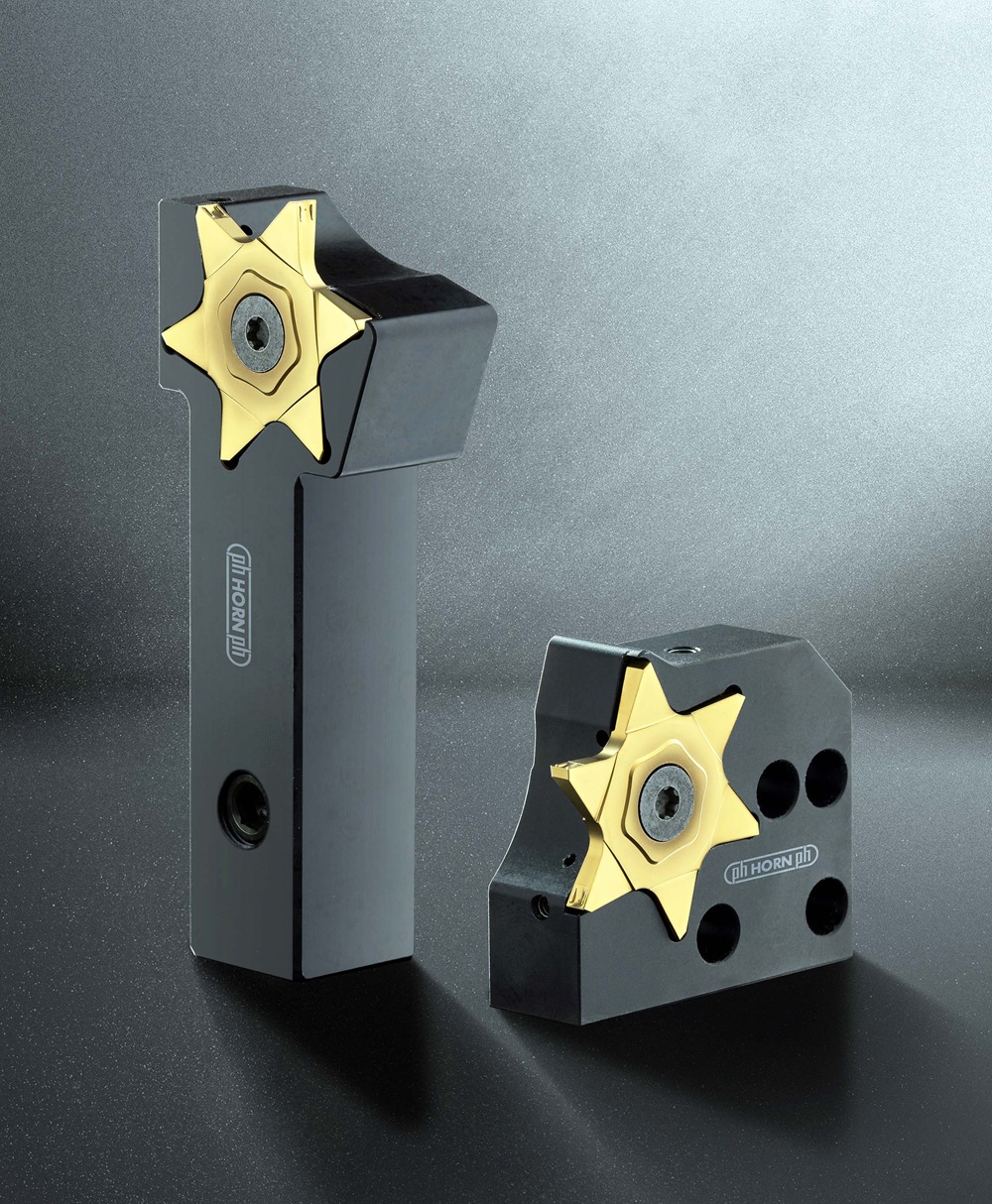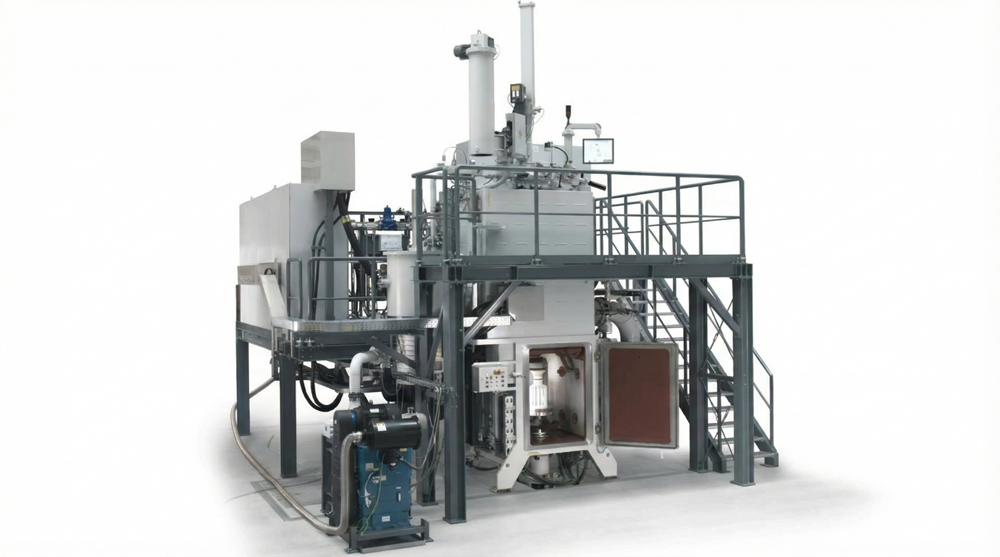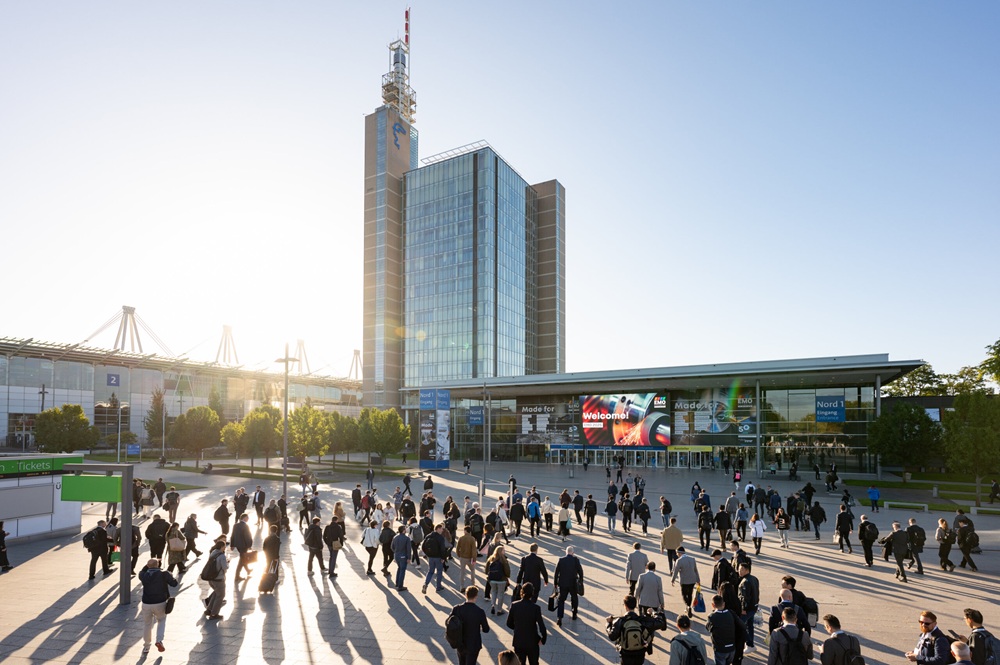With the new 66T grooving system, Horn is expanding its cutting tool portfolio in the area of six-edged indexable inserts, which are said to offer a competitive price per cutting edge. The maximum grooving depth is 9.5 mm, which is about 4 mm more than is possible with the sister system, 64T. The cutting width is either 2.5 or 3 mm, while the corner radius is 0.2 mm.
Depending on the application, Horn offers 66T grooving inserts with a choice of two chip-breaker geometries, 1A or DL, to ensure reliable chip management during machining, plus a further version without geometry for maximum edge strength. The IG65 carbide grade is used for machining stainless steels and difficult-to-cut materials. For general steels, Horn recommends the EG55 carbide grade.
The 1A geometry is suitable for groove turning operations only, while the DL geometry is suitable for longitudinal turning as well as grooving. For the former operation, the inserts are available with a corner radius of 0.4 mm. According to Horn, the variants with chip-breaking geometry ensure excellent surface quality on the groove flanks, while the straight main cutting edge produces a cleanly finished base.
Designed as neutral grooving inserts, they can be clamped in square shanks, with internal coolant delivery to either the left or right-hand side. Shank cross section is 20 x 20 mm or 25 x 25 mm. A clamping screw fixes the grooving insert precisely and securely in the central insert seat. The inserts are also compatible with Horn’s modular type 220 clamping cassette holder system.
More information www.horn-group.com


















